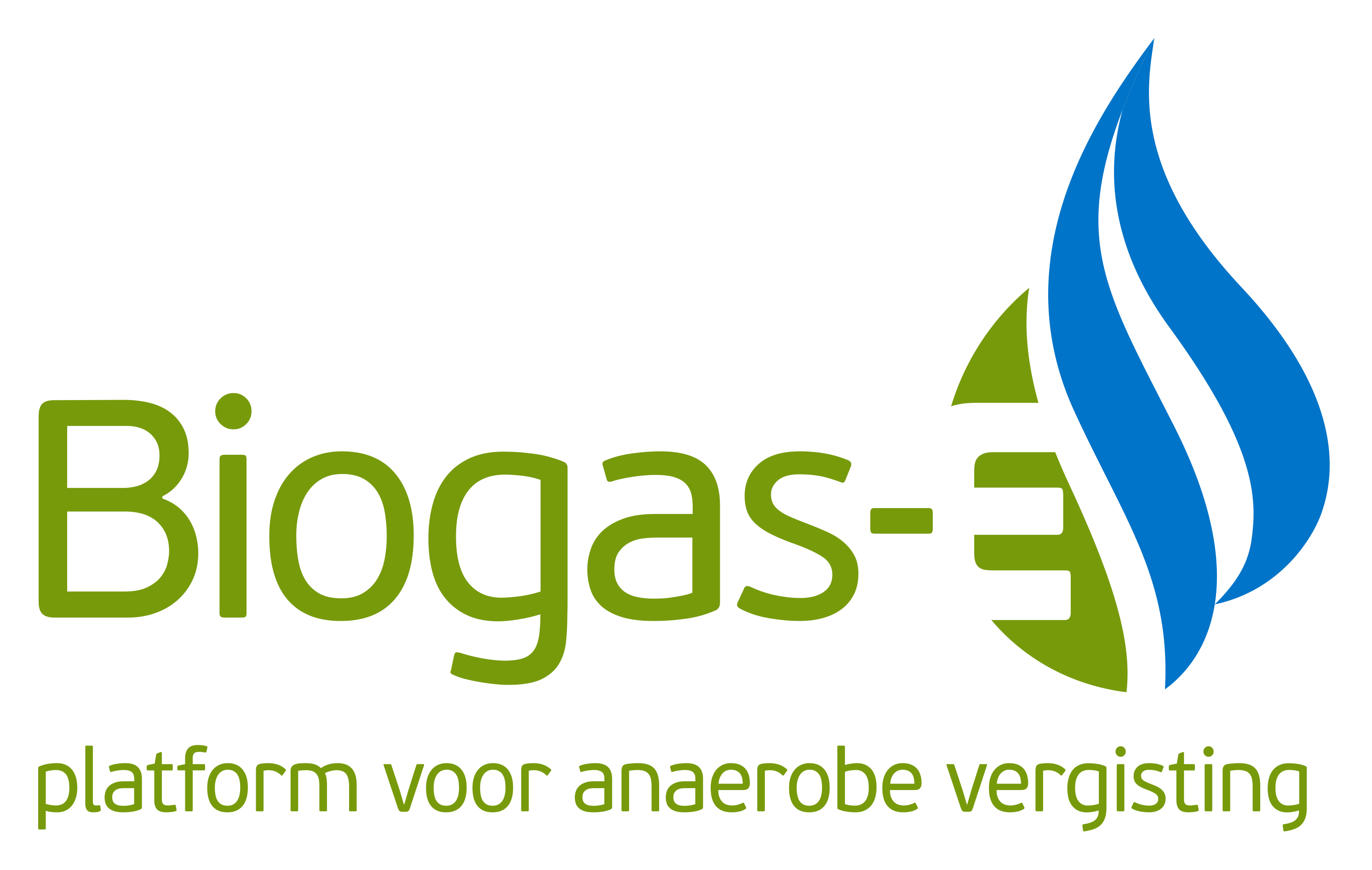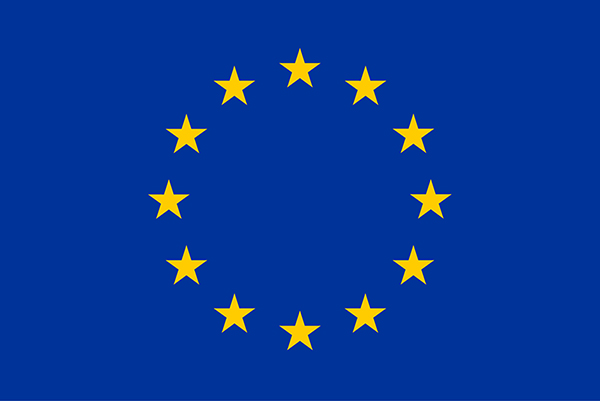SEcuring doMestic PRoduction of cost-Effective BIOmethane
English version: see below
Het internationaal project SEMPRE-BIO wenst een belangrijke rol te spelen in het behalen van de European Green Deal, de klimaat- en energiedoelstellingen tegen 2030, en de netto nul-uitstoot van broeikasgassen tegen 2050.
Het doel van SEMPRE-BIO is tweeledig:
- Demonstratie van nieuwe kostenefficiënte oplossingen voor biomethaanproductie
- Vergroten van marktacceptatie van biomethaangerelateerde technologieën
Drie European Biomethane Innovation Ecosystems (EBIE) worden ontwikkeld om de noodzaak aan te tonen van specifieke retrofit en commercialisatiescenario’s in Europa:
- Afvalwaterzuiveringsinstallatie (Spanje): kleinschalige biogas-naar-biomethaaninstallatie, met combinatie van CO2-biomethanisatie en protonuitwisselingsmembraanwaterelektrolyse
- Green Waste Treatment Plant (Frankrijk): kleinschalige (hout)afval-naar-biomethaaninstallatie, met combinatie van pyrolyse en syngasbiomethanisatie, met opzuivering naar biomethaan
- Melkveebedrijf (België): schaalverkleining van een oplossing die bio-LNG en vloeibaar CO2 kan produceren uit biogas, met integratie van het opzuiveringsproces op boerderijschaal. Biogas-E is hierbij betrokken.
De algemene uitdagingen zijn om de investerings- en operationele kosten te verlagen, de aanvoer en het gebruik van grondstoffen te optimaliseren, alternatieve grondstoffen te identificeren, de efficiëntie en werking van de installatie te verbeteren, koolstofbesparing te integreren en nevenvoordelen, zoals bv. gelinkt aan digestaat of restgasstromen, te versterken en commercialiseren.
Gecoördineerd door: Cetaqua, Centro Tecnologico Del Agua, Fundacion Privada (Spanje)
Lid van: Biorefine Cluster Europe
Met steun van: Horizon Europe
English version
SEMPRE-BIO aims to demonstrate novel and cost-effective biomethane production solutions and pathways, deemed essential to achieve the European Green Deal and climate and energy targets for 2030 and the net zero greenhouse gas emissions by 2050, and to increase the market up-take of biomethane related technologies. Three European Biomethane Innovation Ecosystems (EBIEs) will be co-developed to demonstrate the need for specific retrofitting and scale-up approaches tailored to the dissimilar scenarios exiting across Europe:
- WWTP (Spain): small-scale bio-methanation biogas-to-biomethane plant using an innovative combination of bio-methanation and proton exchange membrane water electrolysis
- Green Waste Treatment Plant (France): small-scale green waste-to-biomethane plant using an innovative combination of pyrolysis and bio-methanation to produce biogas, which will be upgraded and injected into the grid
- Dairy farm (Belgium): potential downscaling of a solution able to produce BioLNG and liquid CO2 from the raw biogas with the cleaning process integrated for applications at farm-scale level. Biogas-E is involved in this task.
Overall, the challenge is to decrease investment and operational costs, to optimize feedstock supply, use, identify alternative feedstock as well as reduce their costs, to improve plant efficiency and operations, to factor in the carbon savings and to increase and monetize co-benefits, such as from the commercialization of the digestate or the valorization of residual gas streams.
Coordinated by: Cetaqua, Centro Tecnologico Del Agua, Fundacion Privada (Spain)
Member of: Biorefine Cluster Europe

With support of: Horizon Europe
|
|
The SEMPRE-BIO project has received funding from the European Union's Horizon Europe programme (HORIZON-CL5-2021-D3-03-16), under Grant Agreement number 101084297. |


